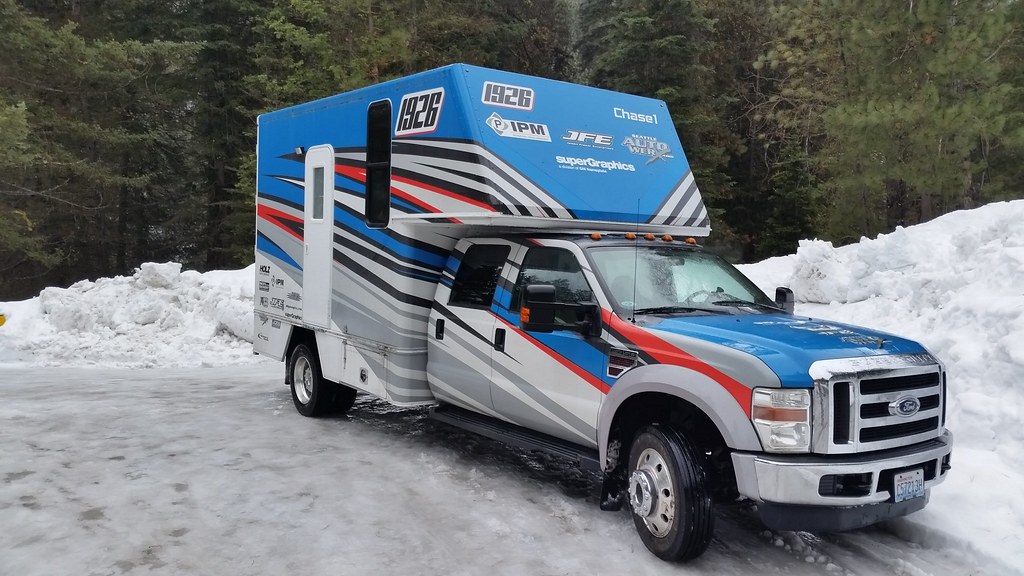Any midsize with any camper will be over GVWR period - end of story. Shell, Flip-Pac or Habitat is the only hope for keeping it under. FWC or equivalent - even the stripped down "shell" version will put you overweight unless you bring no food, water, fuel and the truck drives itself with no passengers. Just a fact of life - these midsize trucks have a 1100 payload or so. Lightest campers are at over 700. Easy to do the math from there.
But there are plenty of Tacomas out there with FWCs, armor, winches, swing outs and so forth. They are way, way over GVWR of course but it all still works with upgraded suspensions and appropriate driving. As far as safety and handling goes they are far, far safer than any truck out there towing any sort of trailer.
Rig looks awesome BTW. But I understand the frustration- at some point a full size makes more sense - and not Tundra or F150.

